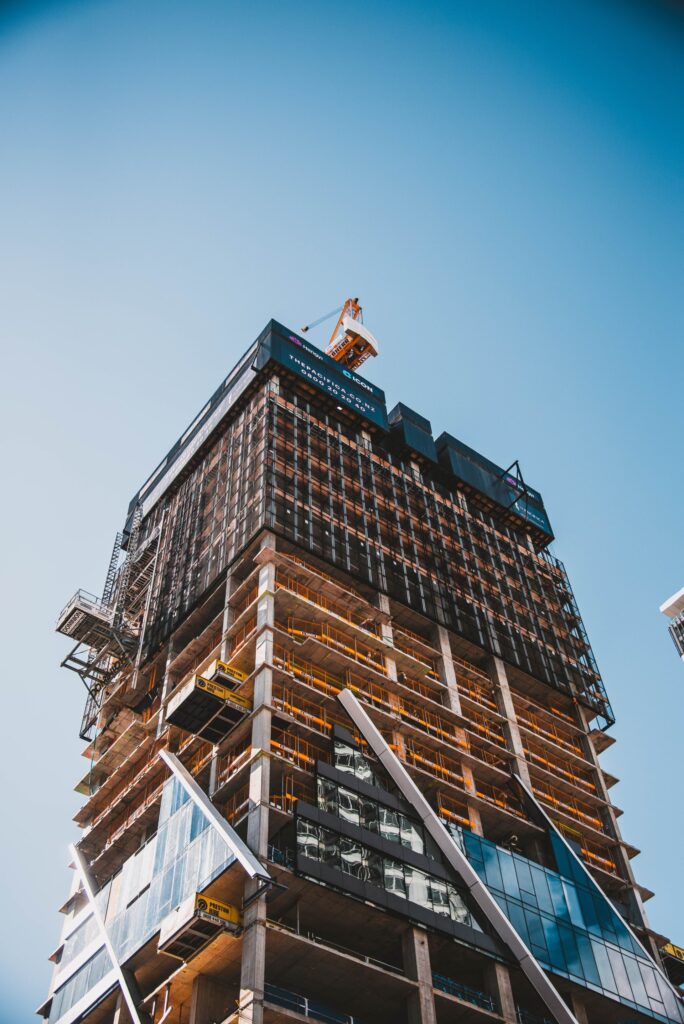
As an investor, it’s important to understand the differences between commercial and residential real estate development. The two are vastly different from one another, from the types of properties built to the regulations and processes required for completion.
It’s essential for investors to learn about both types of developments before investing in either, says the real estate developer Richard Zahn. This blog will break down how commercial and residential developments differ so that you can decide which type of project is right for you.
Type of Property Developed
The most obvious difference between commercial and residential development is the type of property developed. Commercial projects involve building office buildings, warehouses, shopping centers, restaurants, hotels, etc., while residential projects involve building houses and condominiums. Depending on the type of property being built, different materials may be needed, and different regulations may apply.
Costs Involved
The costs associated with commercial and residential development also vary significantly. Generally speaking, commercial projects are more costly due to their larger scale. Furthermore, because these types of construction tend to be larger in size, they often require specialized materials or equipment that can drive up costs exponentially.
On the other hand, because residential projects are typically smaller in scale than their commercial counterparts, they usually don’t require as many specialized materials or equipment; thus, they tend to have lower costs overall.
Regulations & Permitting Processes
In addition to varying costs involved in each type of project, there are also different regulations and permitting processes that must be followed when developing commercial or residential space.
Because commercial developments often have a larger impact on communities than residential ones do (think traffic congestion), they tend to have more stringent regulations that must be adhered to before any building can begin—which can make them more difficult (and expensive) projects overall.
On the other hand, due to their smaller scale and less intrusive nature on communities at large, residential developments usually don’t require as many permits or adhere to as many regulations as their commercial counterparts do—which can make them simpler (and potentially cheaper) projects overall.
So, when considering which type of development is right for you, it’s important to understand all the differences between commercial and residential real estate development—including costs involved, types of properties developed, and permit requirements. Doing your research before investing can help ensure that you make the best decisions—and investments—possible.
Conclusion:
In short, there are several key differences between commercials and residential real estate development – from the type of property developed all the way down to their respective costs involved & permitting processes needed for success – that need to be taken into consideration before investing in either one.
While both types can yield profitable returns for investors when done properly, it’s important for investors to understand exactly what’s involved with each one before making any decisions about which route is right for them!
Ultimately, taking some time upfront to research both options will ensure you find a lucrative project that best meets your needs & goals! So don’t forget to do your due diligence when considering which type of development is right for you.